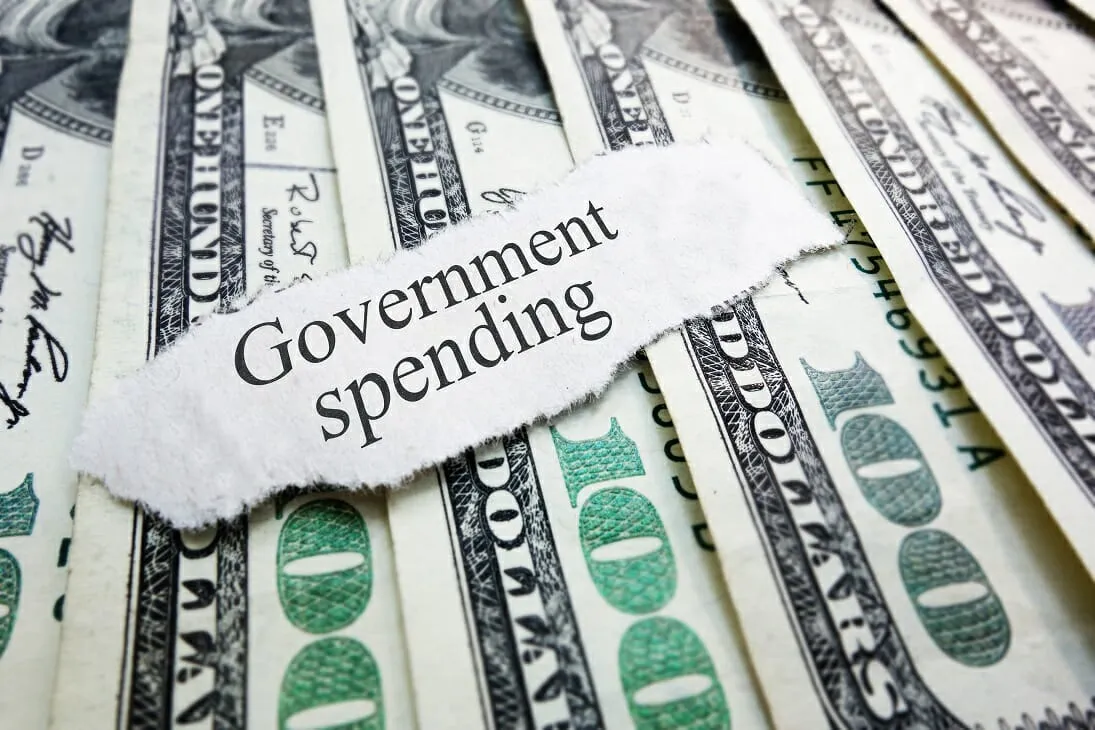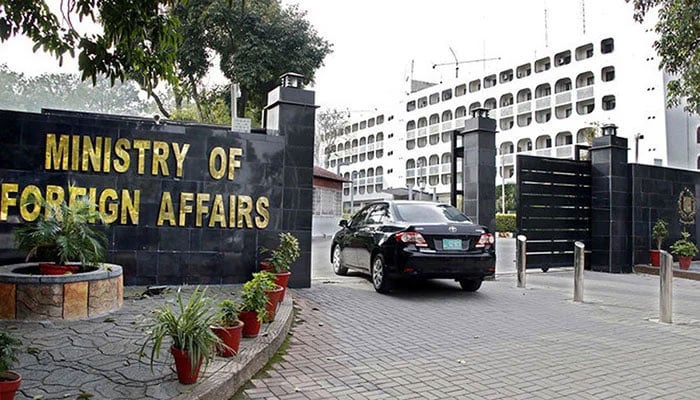Zafar Iqbal
The provincial budget unveiled by the Pakistan Tehreek-e-Insaf (PTI) government in Khyber Pakhtunkhwa (KP) offers a mix of fiscal ambition and political messaging. While it projects an image of economic resilience and development-focused governance, a closer examination reveals contradictions between the promises and the ground realities.
Having governed KP since 2013, PTI has not earned a reputation for excellence in public service delivery. The province has suffered from long-standing structural issues, compounded by decades of militancy, fragile institutions, and underdevelopment. Yet, the latest budget, presented by Finance Minister Aftab Alam under Chief Minister Ali Amin Gandapur’s leadership, marks a noteworthy shift — not necessarily in the quality of governance, but in the political sophistication of how the budget is framed and marketed.
At the core of the budget are two key themes: infrastructure development and growth in provincial revenue, particularly through increased taxation. The KP government claims a rise in its own tax receipts, with a significant uptick in the sales tax on services, which suggests some progress toward fiscal self-reliance. This is particularly relevant in the context of dwindling federal transfers, such as delays in net hydel profits, the windfall petroleum levy, and funding for the ex-FATA/PATA region. Despite these setbacks, KP has reportedly met its cash surplus targets under the IMF programme, adding a layer of credibility to its fiscal management — at least on paper.
The budget also introduces some middle-class relief measures. These include concessions in property taxes, cuts in hotel bed taxes, and waivers for token and registration taxes on electric vehicles. This move seems designed to cater to an urban, tax-compliant voter base — a demographic PTI has always sought to mobilize. Moreover, KP has set its minimum wage at Rs40,000, a figure significantly higher than what the federal government and provinces like Sindh have declared. This bold declaration, whether or not fully enforceable, is politically symbolic.
Another positive indicator is the increase in budgetary allocations for health, education, water, and social services, which the finance minister presented as part of a broader roadmap for development. He emphasized priorities such as employment generation, social protection, and security — all of which are undeniably critical in a post-conflict, development-deficit province like KP.
However, optimism must be tempered with scrutiny. The province’s improved fiscal discipline, while statistically commendable, cannot be equated with effective service delivery. Persistent corruption, administrative bottlenecks, and weak oversight mechanisms have long plagued KP’s public sector. Reports of cost overruns, ghost projects, and delays in development schemes are not uncommon. These issues are not just anecdotal; they represent systemic governance failures that cannot be resolved merely through budget allocations.
One of the more glaring inconsistencies is the recurring mismatch between planned development spending and actual outcomes. KP’s development budgets often promise expansive projects — roads, hospitals, schools, and water schemes — yet many of these are either delayed, poorly executed, or altogether abandoned. The causes range from flawed project planning to a lack of technical expertise in line departments, and from political interference to leakages in procurement processes. Without institutional reforms, these inefficiencies will continue to undermine the budget’s developmental goals.
Moreover, there is an over-reliance on federal transfers, despite the emphasis on self-generated revenues. While KP has made progress in broadening its tax base, its economic structure remains fragile and overly dependent on the public sector and remittances. The local business ecosystem is weak, investor confidence low, and industrial activity minimal. In such an environment, boosting tax revenue without addressing the underlying economic stagnation can lead to superficial gains and public resentment.
The government’s claim of focusing on employment generation also lacks depth. Beyond increasing public sector wages and pensions — measures that primarily benefit a small, organized segment of the workforce — there is little clarity on how the budget will catalyze private sector growth or entrepreneurial activity, especially in rural areas where joblessness and poverty are rampant. A budget focused on development without structural reform risks perpetuating a cycle of dependency on public spending without achieving sustainable growth.
Furthermore, while the budget stresses social protection, there is no robust framework detailing the delivery mechanisms, targeting strategies, or monitoring systems that would ensure these welfare measures reach the intended beneficiaries. Experience suggests that without digitized records, third-party audits, and grievance redressal mechanisms, social protection schemes often end up as tools of political patronage.
What KP truly needs is a governance reset. The PTI government must go beyond fiscal metrics and develop a results-based accountability framework that emphasizes outcomes over allocations. For every rupee spent on a school or clinic, there should be measurable improvements in literacy or health outcomes. Civil service reform is also critical — unless bureaucratic capacity is improved and meritocracy restored, even the best-designed budgets will falter at the implementation stage.
The issue is not merely of corruption or inefficiency, but of institutional inertia. KP’s bureaucracy, like much of Pakistan’s, is geared toward procedure, not performance. The political leadership must invest in governance innovation, adopting tools such as performance-based budgeting, real-time monitoring dashboards, and third-party evaluations.
In conclusion, while the 2024–25 budget signals some progress in fiscal discipline and offers a relatively people-friendly face, it remains hampered by deeper structural flaws. The PTI government in KP has demonstrated that it can articulate a development vision and manage numbers effectively, but it has yet to prove that it can deliver meaningful public services, restore citizen trust, and reform the provincial governance machinery.
Budgets are not just about numbers — they are instruments of political intent and administrative capacity. Until both align meaningfully, the KP budget will continue to straddle the line between rhetoric and reform, promising much but delivering little.

















